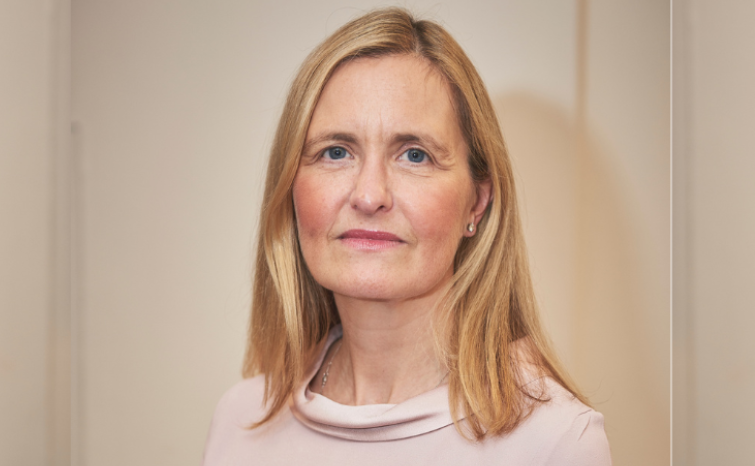2001: The Year the Money Disappeared
- 20 December 2001
The NHS has stood at the cusp in 2001, its stark failures were laid bare by the Bristol Royal Infirmary Inquiry and Shipman reports, and yet it was also the year in which a re-elected Labour Government pledged unprecedented investment in the service.
Though the IT agenda has attracted few headlines, it has permeated both the damning criticism and the positive NHS modernisation agenda. Report after report from the Audit Commission, the Commission for Health Improvement and various inquiries included an almost mandatory section bemoaning the lack of investment in decent, modern IT. If it wasn’t clear at the beginning of 2001 that IT needed to be taken very seriously indeed, it was by the end.
New Year, New Plan…
The year began promisingly with the publication of ‘Building the Information Core: Delivering the NHS Plan’ — the update to 1997’s Information for Health IT strategy — which reaffirmed the central vision of developing a networked NHS in which vital clinical information is available to healthcare staff.
At the centre of the update were new targets for providing all NHS staff with desktop access to e-mail and online knowledge, the introduction of a national online appointment booking system, routine use of electronic records and the electronic transfer of records and test results.
Even more importantly the updated strategy committed the service to adopting universal Internet technology and the e-GIF government-wide standards, to enable the service to deliver joined up information and services.
Beware the Thieves of March…
But it soon became clear that the money needed to realise the myriad goals set out in Building the Information Core was being diverted by health authorities to manage immediate service pressures. Up to 75% of the £113m supposedly earmarked for IT investment in 2001 was raided to meet pressures such as waiting times.
At a packed fringe meeting at March’s Healthcare Computing show, Richard Gibbs, chief executive of Kingston and Richmond Health Authority, admitted being “one of the thieves” and described the situation as "a crisis".
Other NHS IT managers spoke of carefully built business cases being undermined through lack of funds and being forced to put development plans on ice.
Summer’s Lease Hath Lots of Strings Attached…
At The NHS Confederation conference in July Secretary of State for Health Alan Milburn made clear that the Department of Health (DH) would pursue new forms of public private partnership to sort out IT modernisation, describing progress as "horrifyingly slow".
Having seen IT investment disappear, to its credit the Information Policy Unit and NHS Information Authority lobbied the DH and Treasury hard and in September succeeded in securing an additional £50m to make good the shortfall.
But the money came with strings: it would be controlled by the centre with £20m going for software and £30m for hardware. The DH was loathe to trust IT funds to local NHS organisations and increasingly questioned the ability of local NHS organisations to deliver the IT component of the modernisation agenda.
In the pharmaceutical world, meanwhile, the EC announced unexpectedly that it planned to relax regulations banning pharmaceutical companies from giving information about their products direct to consumers online – something now commonplace in the US.
In August, the NHS announced it had completed the outline business case to introduce a single national, web-enabled finance and e-procurement system, which it believes could save the service £300m a year. The system will form part of the NHS shared services initiative together with a national HR and payroll system.
A Wired West Wind Blows in from Seattle…
The autumn saw the NHS sign a landmark enterprise agreement with Microsoft, which for the first time sees the NHS purchasing standardised software centrally. The deal, which accounted for the lion’s share of the £20m for software will eventually see up to 500,000 NHS users using Microsoft packages.
October also saw the NHS Information Authority announce that it had achieved the key connectivity target of linking 95% of GP practices to e-mail systems.
Merry Christmas, Mr Gates…
At the beginning of December the DH awarded a record £325m contract for an integrated HR and payroll system to a consortium led by McKesson and Oracle.
In a rare star turn in health computing, Microsoft chairman Bill Gates told NHS chief executives that harnessing IT in healthcare offered huge opportunities, while Alan Milburn promised an extra £85m for ‘hypothecated’ IT investment in 2002-2003 and new forms of partnership with leading technology firms.
Stand and Deliver…
So the year ends with promises of largesse for next year and rumours of big IT deals being done at the centre, one of the most interesting developments to watch next year will be how the new "lightbulb project" consortia of big names evolves and what impact national deals will have on the health IT market.
Expect to see some unlikely bedfellows next year and some familiar names withdraw from the market altogether.
For the NHS, 2002 has to be the year of delivery. Tough targets on connectivity and EPR systems start falling thick and fast – the key question is whether they will be met? For if the NHS should be seen to fail to deliver on IT there are now major players waiting in the wings promising ministers they can.





